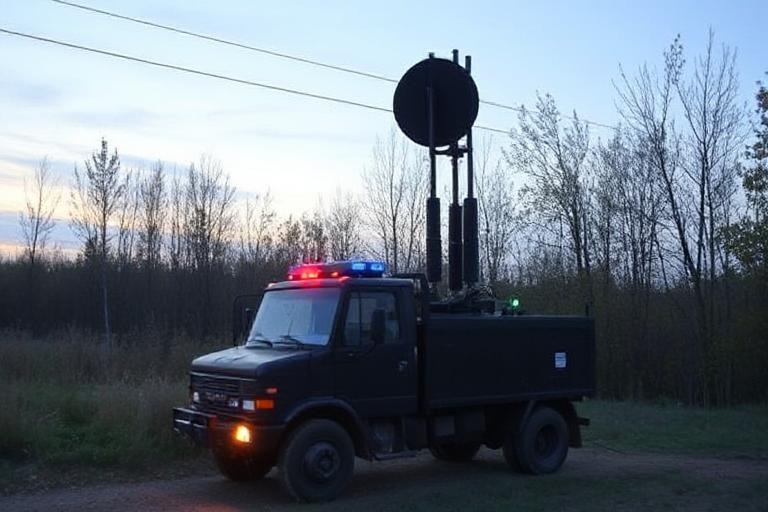Latvia’s Communications Agency has announced a blanket ban on mobile signal jammer, shocking local businesses and international tech suppliers and setting off a powerful market cleanup. The official line? Aviation safety and radio order. But the subtext is that the decision reveals the tangled relationship between frequency enforcement, election-year politics and surveillance countermeasures.
What is a radio frequency signal jammer?
A cell jammer is a device that transmits interference signals on specific frequencies to block mobile communications in a controlled area. Once used for military or counter-terrorism purposes, such tools have become covert, portable and easily accessible, and are particularly favored by executives, lawyers and data-sensitive industries.
Latvia’s recent crackdown has disproportionately targeted Chinese-made and Taiwanese-developed devices, raising questions about geopolitical motivations masquerading as compliance enforcement.
Real risk or convenient excuse?
Latvia’s rationale focuses on aviation security risks, with the following reasons:
- Spectrum spillage from poorly designed jammers
- Excessive transmitter power, exceeding specified power limits
- Harmonic distortion affecting navigation frequencies
But most professionally designed scrambler (especially those for indoor use) have precise controls and limited power output.
More interesting is the proximity of this move to Latvia’s national elections. Historically, election periods in Latvia (and elsewhere) have typically seen the following:
- Intensified political surveillance and counter-surveillance
- A surge in demand for anti-eavesdropping jammer
- Intensified controls on information flows
Viewed from this perspective, the ban begins to look like a preemptive move to suppress tactical privacy tools, especially among the opposition.
In a tense political atmosphere, demand for jammers tends to surge—not to prevent crime, but to protect against it.
The Tech Undercurrent of Taiwanese Technology and Made in China
Notably, most of the confiscated devices were labeled “Made in China” or came from a leading Taiwanese manufacturer of jamming and surveillance countermeasures equipment. The product range includes:
- Micro surveillance equipment: tie clip cameras, cigarette package recorders, etc.
- Fiberscope probes: can pass through tiny gaps for secret filming
- Disguised interceptors: communication interception devices similar to phones
- Professional countermeasures: mobile jammers to detect and block eavesdropping devices
Although the Latvian crackdown is described as technical standards enforcement, it may reflect geopolitical tensions over the procurement of telecommunications hardware – signal jamming technology becomes collateral in trade and sovereignty disputes.
Privacy and public safety: a conflict with no easy answers
The incident highlights a long-standing dilemma:
Where to draw the line between national security and personal privacy?
Opponents of the ban argue that:
- Companies and individuals have the right to protect communication zones
- Espionage-prone industries need anti-surveillance tools
- Overregulation could drive privacy technologies underground
Supporters of the crackdown point out that:
- Emergency calls (e.g. 112) could be disrupted
- Criminals could use the technology to conduct signal-jamming theft
- The integrity of public infrastructure could be compromised
Europe’s GDPR champions data privacy, but RF regulation often overrides it – Latvia’s move clearly prioritizes public order over private protection.
Towards smarter signal blocker governance
Rather than a blanket ban, governments should consider more nuanced policies such as:
✅ A tiered licensing system for high-security institutions
✅ Certification standards to ensure signal isolation
✅ Public awareness campaigns on safe, legal use
✅ Zoning restrictions (e.g., use allowed in conference rooms, prohibited in public areas)
This approach supports personal and corporate data protection while reducing the risk of broad-spectrum interference.
Conclusion: Control, not repression
Latvia’s decision is more than just a radio regulation; it is the flashpoint in a broader struggle between freedom of information and digital governance. Whether you are a policymaker, technology vendor, or privacy advocate, the key takeaways are clear:
⚖️ Effective control of signal interference must balance security, innovation, and privacy rights.
As technology evolves faster than regulation, adaptive governance, not reactive crackdowns, will determine the future of digital security.


